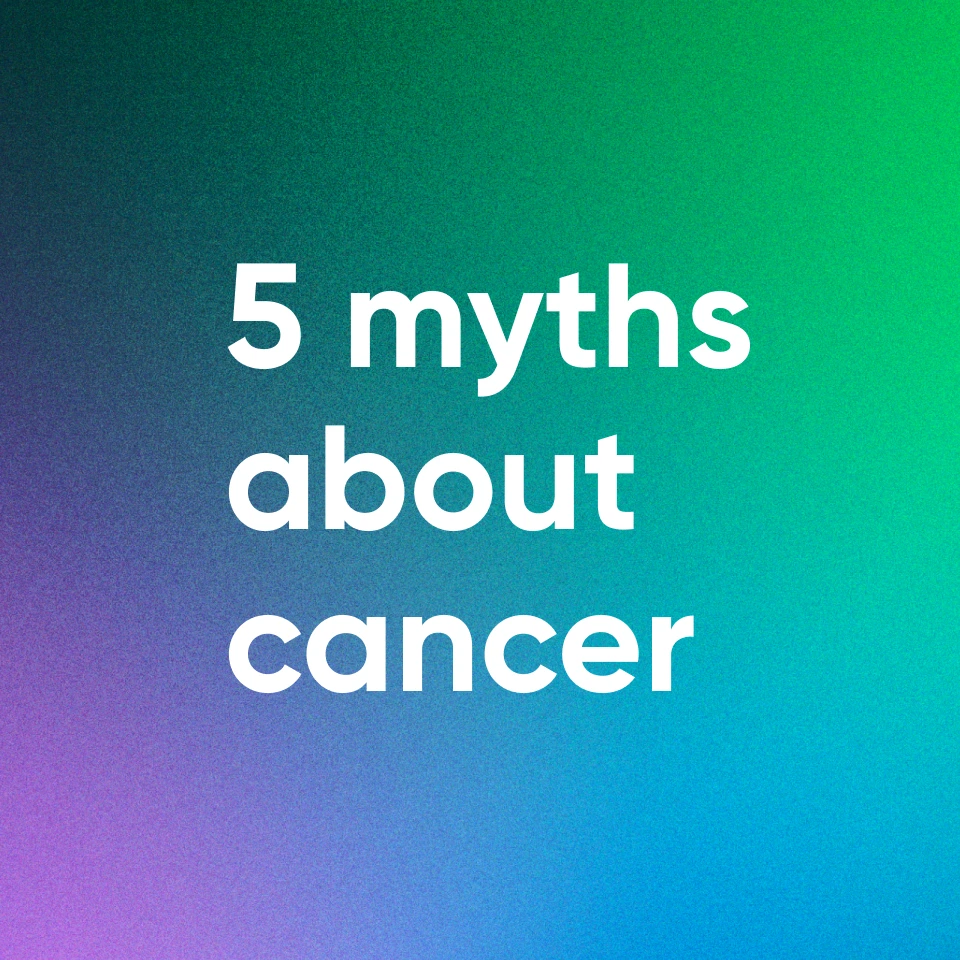The world has been shaken by the recent passing of two well known heros of the political and business world. Senator John McCain, a survivor of melanoma, who passed away from a brain tumor, and Paul Allen, co-founder of Microsoft and owner of our beloved Seattle Seahawks who passed away from a recurrence of lymphoma.
According to Dr Raj Attariwala, co-founder of Prenuvo with a clinic in Vancouver, “Cancer is a tricky disease to be 100% cured of - it frequently can reoccur years after you have been given the all clear.” It is important for people who have had cancer to be attuned to their bodies and how they are feeling and to check regularly for any signs of reoccurrence.
The problem for the health system arises where where there is no standard of care approach to monitoring for cancer reoccurrence. “In fact very few cancers even have effective screening approaches that are followed by health systems”, says the doctor, “which means that diagnosis of cancer, or a reoccurrence of cancer, is more likely to come late.” And the later the diagnosis, the more difficult the treatment.
New advances in advanced MRI full body screening promise to take the guess work out of diagnosis, by offering a comprehensive view inside the body to identify cancer and other disease while still very early. “The Prenuvo scan offered at AIM Medical Imaging is really a revolution”, says the doctor,” as it offers the promise of scanning yearly for cancer in the same way that you might visit the dentist periodically even if you don’t feel tooth pain”.
At the clinic in W Broadway in Vancouver, Dr Attariwala is seeing an increasing number of patients who are concerned about cancer re-occurence and come in for a yearly scan in the years following being given an all-clear. In fact, there even isn’t a particularly scientific way to get the all-clear. “Often we find secondary cancers, thankfully early, in patients who have been told that their cancer is in remission”, says the doctor.
Unlike previous generations of CT or MRI scans that used radiation or tended to have difficulty telling benign from medically important finding, this new generation scan is accurate, fast and radiation free. This is particular important given one in every two Canadians will get cancer at some point in their lives and so regularly screening could be an answer to avoiding a late diagnosis.
Below are the top 6 health concerns that, according to the doctor, warrant a scan:
1. Advancing age
According to the National Cancer Institute, advancing age is the most important risk factor in for cancer overall, and in particular for many different age groups. The median age for a cancer diagnosis is 61 years old.
Mutations and other changes in the genome – the information written in our DNA – are the root cause of cells becoming cancerous. When mutations disrupt genes that regulate cell division and growth, normal cells can begin to grow uncontrollably.
Older people are “at greater risk simply because of their prolonged exposure to carcinogens such as sunlight, radiation, environmental chemicals, and substances in the food we eat,” according to Dr Attariwala.
2. Family history of cancer
Family members share their genes, as well as their environment, lifestyles, and habits. Risks for cancer frequently run in families. “Family history can be one of the first lines of defense in preventing cancer,” says Dr. Huma Q. Rana, clinical director of the Center for Cancer Genetics and Prevention at Harvard-affiliated Dana-Farber Cancer Institute. If you can obtain a picture of patterns of cancer on both sides of your family, you can screen for certain cancers more closely and either prevent them or catch them early.
3. Genetic cancer susceptibility
Certain genetic conditions can have a big impact on your cancer risk. Genetic mutations can either come from our parents or be acquired randomly in one cell and then passed down to other cells. Because we obtain our DNA from both of our parents, sometimes it is the combination of genes that we get from both our parents that can trigger a genetic condition. Mutations in around 30 genes are responsible for the vast majority of cancer that have a genetic basis.
Two of the most common genetic conditions are BRCA+ and Lynch. Women who test positive for a BRCA mutation are 80% likely to get breast cancer before the age of 45. Those with Lynch Syndrome have 4-8x higher risks of many common cancers. Both categories of patients warrant much more regular follow up and screening, however most people first learn about these mutations when they are diagnosed with cancer.
4. Previous cancer diagnosis
Recovered cancer patients are twice as likely to develop the exact same cancer again as people with no cancer record are to develop any specific cancer. No one knows for certain why this is the case but these were the main conclusions of a recent population-wide study in Denmark. “Our main finding is that there is a greater risk of developing cancer if you have a previous cancer history than if you don’t – and the risk of developing the very same disease is the greatest,” says co-author Dr Stig E. Bojesen of the Department of Clinical Chemistry at Herlev Hospital, Copenhagen.
On the other hand, the risk of developing other types of cancer than the one previously diagnosed is only slightly higher. Why? Dr Attariwala explains that “many of the processes that our bodies use to reduce the likelihood of the cancer are general in nature. If they fail for one cancer then they are slightly more likely to fail for another.”
5. Persistent pain or feeling unwell
In the medical profession patients routinely present with persistent pain or feeling unwell for prolonged periods of time. While most often pain is a symptom of something benign, it can also be an indication of a more serious underlying problem.
For example, lower back pain is a common condition and patients with this complaint are routinely managed by general practitioners with pain medications and physiotherapy. While the prevalence of serious medical pathology (i.e. cancer) causing low back pain is extremely low, the spine is one of the earliest locations for cancer metastases.
Similarly, many cancers of the lower torso either cause mild symptoms in their early stages or have symptoms that are not that different from common gastrointestinal conditions. “Stomach cancer, for example, is often misdiagnosed as irritable bowel syndrome, indigestion, celiac disease, inflammatory bowel syndrome or a peptic ulcer”, according to the doctor.
6. Previous organ transplants
Organ transplant recipients have a two-fold higher risk of developing 32 different types of cancer, according to a new study. In 2010, over 28,000 organ transplantations were performed in the U.S., including 16,899 kidney, 6,291 liver, 2,333 heart and 1,770 lung transplants. Transplant recipients are known to be at a higher risk for developing cancer than the general population.
There is no consensus as to why this is the case? Some doctors consider that the higher risk is a function of the strong immune suppression drugs that are often taken to prevent cancer. Other studies have pointed to the transplanted organ as being the source of the cancer itself, with several studies showing the DNA of the donor as being present up in a distant cancer in the recipient of the organ.
Posted by Andrew Lacy
Founder & CEO





